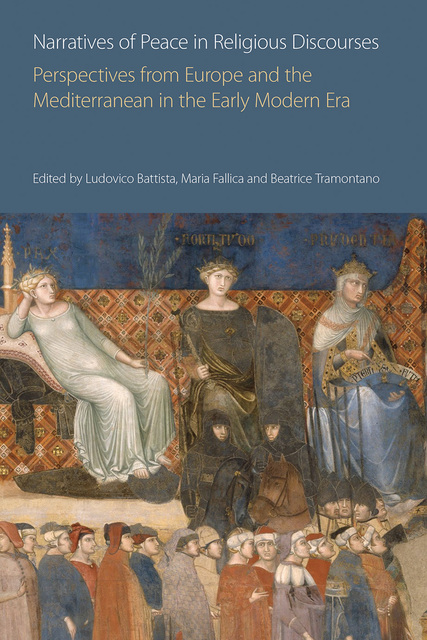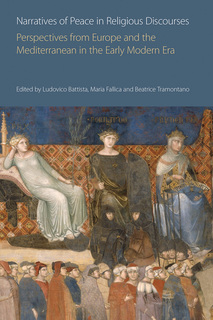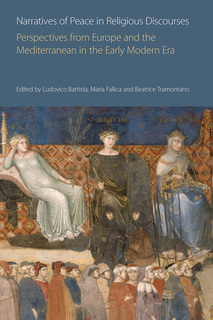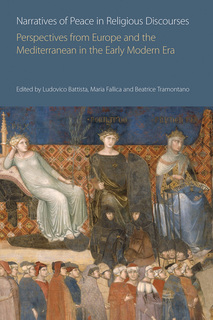LIBRARY COLLECTIONS
Christianity
Complete Collection
Encounters & Identities
ACCESS
Two editions are available to subscribers:
Access the eBook from the Read Online tab (via institutional or personal credentials)
Access the Interactive Edition by logging in (bottom of page) with password.
Selected Chapters are included in other Collections as designated (Islamic Studies, Theory & Method); access via tabs.
For assistance contact info@equinoxpub.com
Narratives of Peace in Religious Discourses
Perspectives from Europe and the Mediterranean in the Early Modern Era
In the Early Modern Age, the encounter and conflict between competing religious identities produced a renewed emphasis on the concept of peace, which was invested with religious, political and ideological connotations that still need to be investigated. This volume explores the role of religious discourse in the construction of the concept of peace from the Renaissance to the Enlightenment, analyzing the narratives which in Europe gave extra-human value to peace, with a focus on the processes of idealization of peace and the relationship with the concept of toleration. The volume investigates crucial authors such as Nicholas of Cusa, Luis Vives, Pico della Mirandola, Erasmus of Rotterdam, Thomas More, Pierre Bayle, Benjamin Constant, who reflected on the problem of tolerance as an attempt to shape the relationship between confessions as a peaceful coexistence beyond doctrinal differences. The essays explore the extent to which religious conflicts within Christianity triggered a rhetoric of peace and tolerance/toleration, for instance in the case of the French Wars of Religion and the Revolt of the Netherlands. The rhetoric and imaginary field of peace in its religious connotations are then explored and analyzed in their apocalyptic (for Benivieni or Savonarola) or humanistic connotations (from Petrarca to Pico). The essays combine history, philosophy, history of religions and anthropology, with approaches that go from the historical-critical analysis of documents, to archive research, to comparative history to the analysis of the world of objects, that, following the “material turn”, allows an alternative view on the narratives of confrontation and peace that presided over the intrareligious exchange.

ISBN-13 (Hardback) 9781800503878
Price (Hardback) £75.00 / $100.00
ISBN-13 (Paperback) 9781800503885
Price (Paperback) £27.95 / $35.00
ISBN (eBook) 9781800503892
ISBN (ePub) 9781800504660 (ePub)
Price (eBook & ePub)) Individual £27.95 / $35.00
Institutional £75.00 / $100.00
Publication 19/03/2024
Pages 364
Size 234 x 156mm
Readership scholars
Illustration 3 figures
Access to the Interactive Edition (below) is Restricted.
The Interactive edition requires a password and subscribers must be logged in (bottom of page) to access the text.
Information and Interactive Edition
Author Information
- This text has 0 annotations
- This text has 0 highlights
Book Information
- This text has 0 annotations
- This text has 0 highlights
Interactive Edition
- This text has 0 annotations
- This text has 0 highlights
Metadata
- isbn9781800503878 (Hardback)
9781800503885 (Paperback)9781800503892 (eBook) 9781899504660 (ePub) - publisherEquinox Publishing Ltd.
- publisher placeSheffield (U.K.)
- series titleReligions and Peace Studies
- doi
We use cookies to analyze our traffic. Please decide if you are willing to accept cookies from our website. You can change this setting anytime in Privacy Settings.



